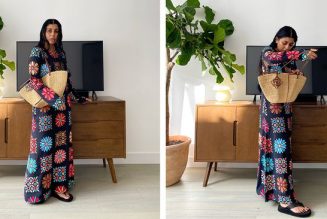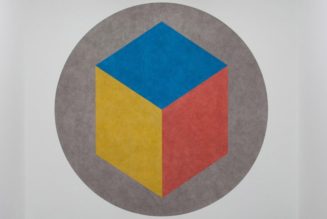
Baby boomers can see younger Australians are struggling financially and want to help where they can, but they are not willing to do so at the expense of their retirement lifestyle, new research shows.
Four in five Australians over 65 think their children are facing harder times than they experienced at the same age and a corresponding three in four believe passing on their wealth is important, according to new research by the banking and superannuation company AMP.
But despite wanting to help, seven in 10 surveyed said they were unlikely to compromise their retirement lifestyle to do so.
“There’s a widely held perception that older people think younger people have it better than they did. You know, ‘kids these days’,” said Ben Hillier, AMP’s director of retirement.
The research is challenging that, he said.
“But you have this bipolar situation where while they do believe they’re struggling and they do want to help them, they’re not comfortable to do so at the expense of their own lifestyles.”
About half of the older Australians surveyed said they would be happy to help out their children if they could still stay in their home, Hillier said.
That could come about by taking out a “reverse mortgage” or releasing equity in the home, he said.
“(Releasing equity) kills two birds with one stone,” he said.
“The retirees can stay in their home where they’re comfortable, where they’ve got the social support networks, their clubs, their church, their community.
“[But they] release some of the equity [and) the kids get a leg up earlier.”
About 90% of intergenerational wealth is passed on as an inheritance and – as a result of Australia’s ageing population – more often than not to the over 50s, he said.
“Not when you need it,” Hillier said.
after newsletter promotion
“Ideally you want to help your kids when they’re raising their own small children, when they’re getting into the housing market … not when they’re pre-retirees themselves.
“The intergenerational wealth transfer that’s happening is not that useful.”
But there are obstacles and disincentives to passing on wealth, even if older Australians were prepared to do so, he says.
If they were to sell the family home and downsize, older Australians will face expensive stamp duty and transaction costs, as well as the loss of lifestyle.
If they stay put but release equity from the home, they will also face disincentives – any equity that gets released counts against them in the aged pension means-testing; and there are also penalties when gifting large sums of money to their children.
Government legislation should be overhauled to allow a freer transfer of wealth from older Australians to younger generations, Hillier said.








